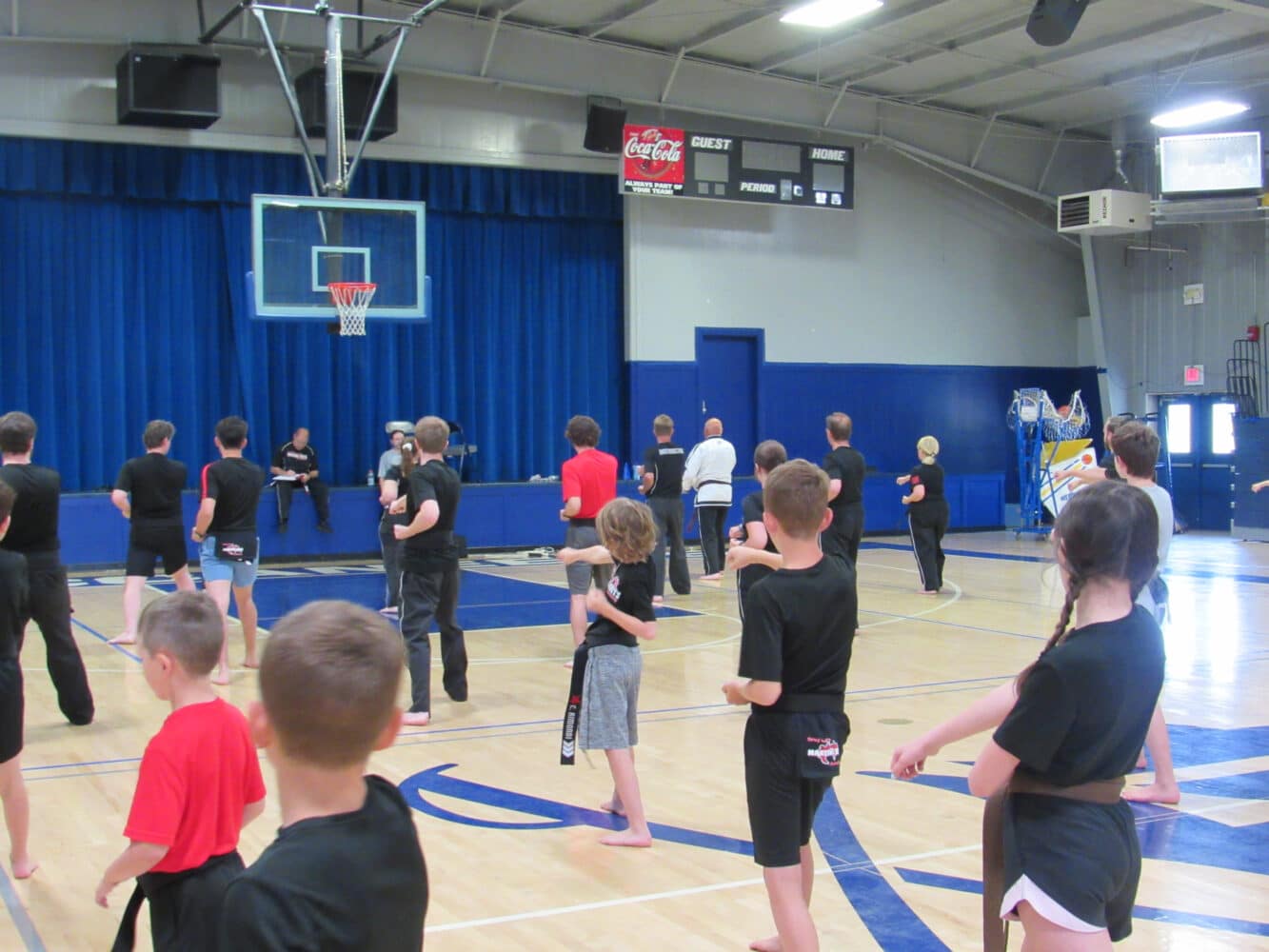The Social Benefits of Martial Arts for Children: Building Confidence, Communication, and Connection
Introduction:
Martial arts are often associated with physical discipline and self-defense, but their benefits extend far beyond the realm of combat. For children, engaging in martial arts can be a transformative experience that not only improves their physical fitness but also helps them develop crucial social skills. In this blog post, we’ll explore how martial arts can play a vital role in helping children socialize, fostering confidence, communication, and connections with others.
Building Confidence:
One of the most significant ways martial arts help children socialize is by building confidence. Through consistent practice and gradual progression, children develop a sense of mastery over their bodies and abilities. As they learn new techniques and overcome challenges, their self-esteem grows, providing a solid foundation for social interactions. Confidence gained in the dojo often translates to confidence in various social settings, empowering children to assert themselves positively and engage with others more comfortably.
Encouraging Communication:
Effective communication is a fundamental aspect of martial arts training. Instructors emphasize clear verbal cues, respectful dialogue, and active listening during classes. By practicing these communication skills within the structured environment of the dojo, children learn to express themselves confidently and respectfully. They also become adept at giving and receiving constructive feedback, which translates into improved communication outside of the martial arts setting. Whether it’s speaking up in class or interacting with peers, children who practice martial arts often exhibit enhanced communication skills that serve them well in social situations.
Fostering Collaboration and Teamwork:
While martial arts may appear to be an individual pursuit, many aspects of training involve collaboration and teamwork. Partner drills, group exercises, and sparring sessions require children to work together toward common goals. Through these interactions, children learn the value of cooperation, mutual support, and empathy. They understand that success is not solely dependent on individual effort but also on the collective effort of the group. These lessons in collaboration extend beyond the dojo, encouraging children to seek opportunities for teamwork and cooperation in various social contexts, such as sports teams, school projects, and community activities.
Cultivating Respect and Discipline:
Respect and discipline are core principles of martial arts philosophy. Children are taught to respect their instructors, peers, and the traditions of the art they are learning. They also learn to respect themselves, their bodies, and their capabilities. This cultivation of respect and discipline creates a positive social environment where children treat others with courtesy and consideration. Additionally, the structured nature of martial arts training instills valuable habits such as punctuality, focus, and perseverance, which contribute to children’s overall social development.
Building Lifelong Connections:
Martial arts classes provide children with the opportunity to form lasting friendships and connections. The shared experience of training alongside peers creates bonds that extend beyond the dojo. Children develop a sense of camaraderie and mutual support, knowing that their fellow martial artists are on a similar journey of self-improvement. These connections can be particularly valuable for children who may struggle with socialization in other settings, providing them with a supportive community where they feel accepted and valued.
Conclusion:
In conclusion, martial arts offer a myriad of benefits for children, including significant advantages in social development. By building confidence, encouraging communication, fostering collaboration, cultivating respect and discipline, and facilitating lifelong connections, martial arts empower children to navigate social interactions with skill and poise. Whether they’re sparring with a partner, participating in a group exercise, or simply engaging in conversation with their peers, children who practice martial arts gain invaluable social skills that serve them well both inside and outside the dojo. As parents and educators, recognizing the social benefits of martial arts can inspire us to encourage children to embark on this enriching journey of self-discovery and interpersonal growth.

